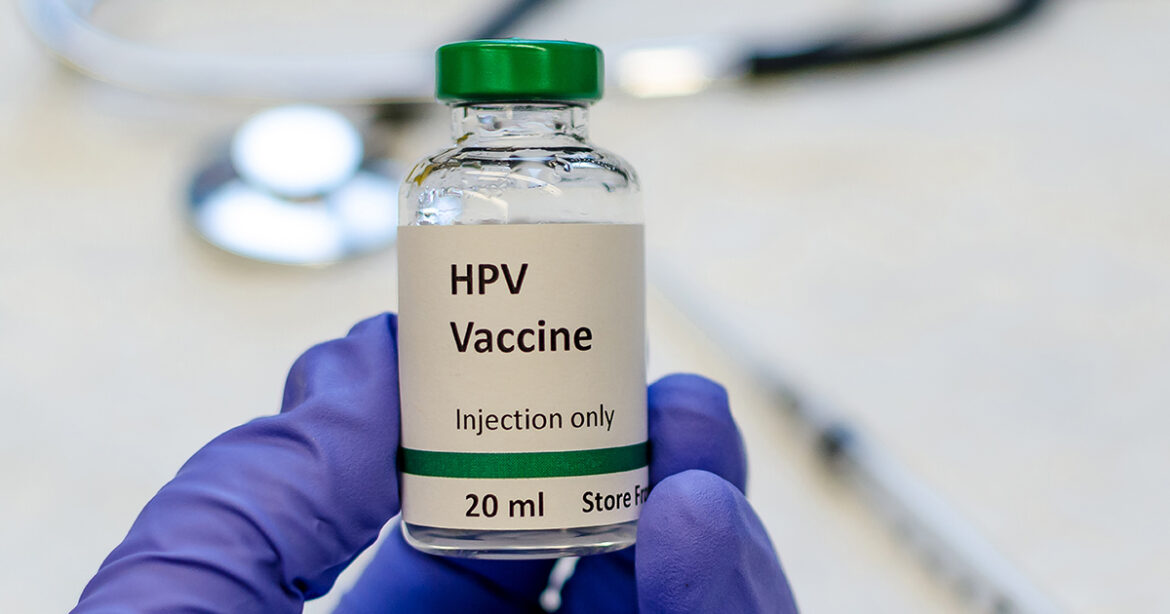By Muhammad Amaan
The United Nations Children’s Fund (UNICEF) has expressed optimism that over 80 per cent of Nigerian girls aged nine to 14 will receive the Human Papillomavirus vaccine against cervical cancer by December 2024.
UNICEF’s Health Specialist, Dr Ijeoma Agbo, disclosed this on Tuesday in Lagos while speaking during a two-day media dialogue.
The media dialogue with the theme, “Combating the Most Preventable Form Of Deadly Cancer Affecting Women and Girls Through Vaccination”, seeks to intensify awareness of the HPV vaccine and its benefits.
Dr Agbo said there was a need for collaborative efforts among stakeholders against HPV infection.
She stated that HPV is a viral infection of the reproductive tract that accounts for 95 per cent of cervical cancer cases.
The UNICEF health specialist also pointed out that globally, cervical cancer is the fourth most common cancer among women, and in Nigeria, it is the second most common cancer affecting women.
HPV vaccines prevent infection by certain types of human papillomavirus, a common sexually transmitted infection that can cause a range of conditions in men and women, such as cervical cancer.
The Federal Government of Nigeria in October 2023 introduced the HPV vaccine into its routine immunisation system, as part of efforts to protect teenage girls against cervical cancer and other related diseases.
The Federal Government aims to reach over seven million girls aged nine to 14 with the life-saving vaccine.
Agbo said the HPV vaccine roll-out was geared towards eliminating cervical cancer in the country, and assured that the vaccine is safe, effective, and free.
She said there was an urgent need for all stakeholders to come together to sensitise Nigerians to its importance.
The health specialist said, “Our girls are important to us and every girl has a right to life and no one should die from preventable causes of cervical cancer.
“So, we are hoping that in the future, we have a country that is devoid of cervical cancer.”
She, however, decried the misinformation being spread about the vaccine, noting that the World Health Organisation carried out several tests and trials before a vaccine was introduced.
Dr Agbo explained that the first phase of the vaccine was introduced in October 2023 in 16 states, adding that the second phase would begin on May 27, 2024, and would cover the remaining 24 states.
She urged parents, teachers, principals, and other stakeholders to join forces with the government, UNICEF, and other partners to ensure that girls within the age range are given the vaccine.




